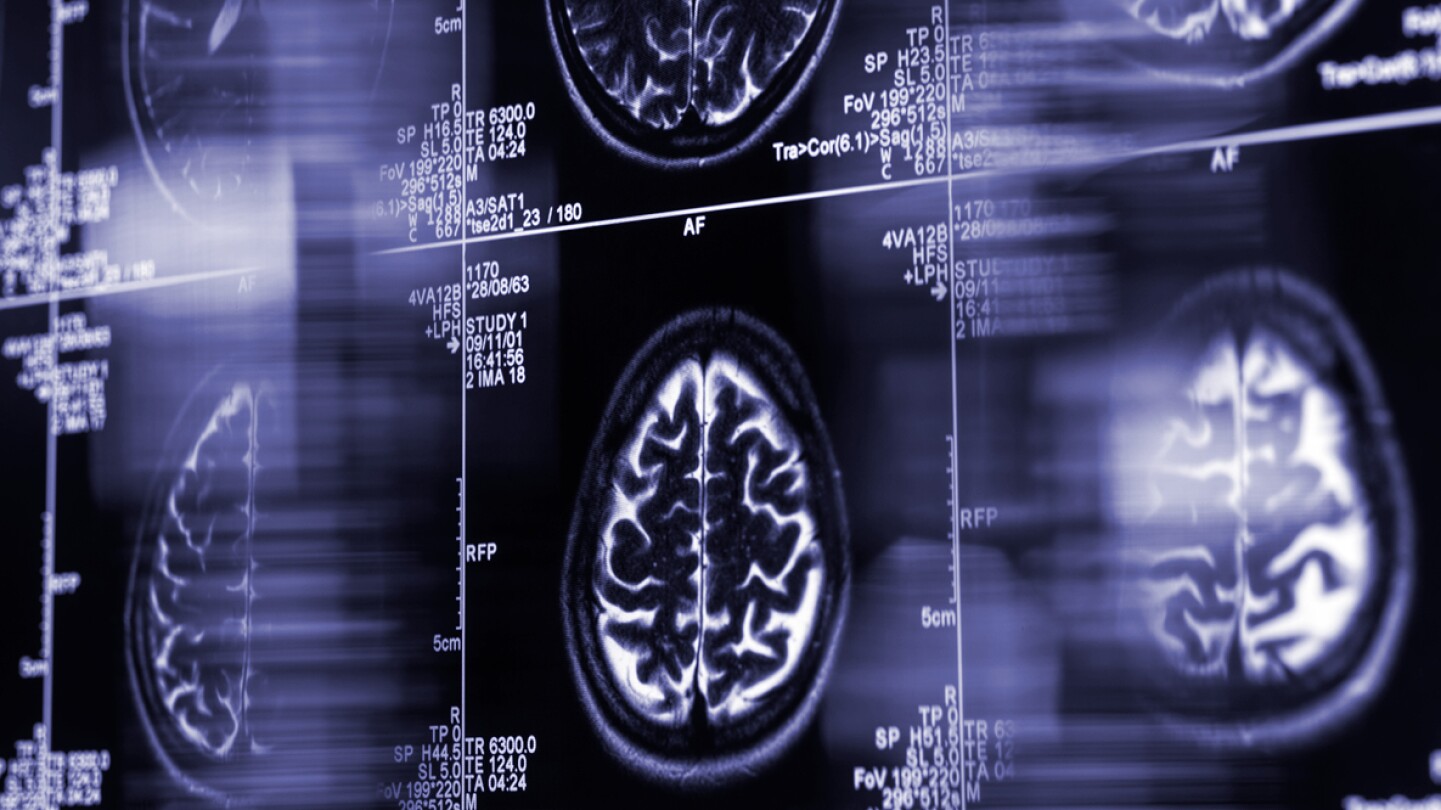United States: An early warning sign has been discovered by scientists for Alzheimer’s disease, providing hope for early detection and hence earlier support and more effective treatment.
The US Centers for Disease Control and Prevention (CDC) said that around 5.8 million are suffering from Alzheimer’s in the United States.
About Alzheimer’s
It is the most common form of dementia and is a progressive disease that is associated with memory loss and cognitive decline in areas of the brain that are involved in memory, thought, and language.
It was believed that an abnormal buildup of proteins in and around the cells of our brain is the leading cause of Alzheimer’s. However, what exactly triggers it, is still not very clear to the health care providers.

As of today, there is no known cure for Alzheimer’s. However, certain medications are developed to provide pain relief to patients and slow down symptoms’ progression, especially when the disease is detected earlier, reported by newsweek.com.
About the new Research
The study was published in the journal The Lancet: Neurology. The research was conducted by a team of scientists from the University of California, San Francisco, (UCSF).
It unveiled the early detection of symptoms, which are likely to occur in up to 1 in 10 Alzheimer’s cases, which is weird vision.
This condition particularly called posterior cortical atrophy (PCA), affects our ability to judge distances, differentiate between moving and stationary objects, and complete tasks like writing and retrieving dropped objects, despite having normal results in an eye examination.
The study involved the examination of 1,000 patients from 16 countries. All of them had experienced PCA and figured that 94 percent of them also had some sort of Alzheimer’s disease biomarker, as reported by newsweek.com.
In contrast to that, previously done studies showed that just 70 percent of patients with memory loss—a symptom often associated with Alzheimer’s—show biomarkers for the disease.
Know more about the findings of the study
The study results laid stress on the importance of raising awareness of the condition among clinicians and patients.
Marianne Chapleau, the study’s co-first author and a researcher at the UCSF Department of Neurology, said in a statement, “We need more awareness of PCA so that it can be flagged by clinicians,” reported, newsweek.com.
Chapleau said further, “Most patients see their optometrist when they start experiencing visual symptoms and may be referred to an ophthalmologist, who may also fail to recognize PCA. We need better tools in clinical settings to identify these patients early on and get them treatment.”
As per the researchers, more research is needed to understand the mechanisms of PCA, not only to push forward patient care but also to understand the processes that drive Alzheimer’s.
Gil Rabinovici, the study’s lead author said in a statement, “It’s critical that doctors learn to recognize the syndrome so patients can receive the correct diagnosis, counseling, and care.”












Leave a Reply